We’re so excited to bring a new quarterly series to the Closed Loop Cooking homepage and welcome Moji Igun of Blue Daisi Consulting. Moji will be taking us through easy to navigate steps for maintaining low waste habits. Getting into the groove of lifestyle changes can often be the biggest block to actually making changes and we’re lucky to have her insight to guide us on some of these bigger challenges. You can read more about Moji on an earlier interview here. Illustrations by Hawnuh Lee.
Forming a new habit can be challenging. Research shows that it can take several months of repeated behavior to create a new habit. Many of us try to create healthy habits like drinking more water, but when it comes to creating larger changes in our lives, starting small can be the best way to start.
No matter what habit you are attempting to form, it will take consistent effort and willpower. If you create systems that work for your unique needs, it can be a less daunting adventure.
I have been forming sustainable habits for as long as I can remember. In elementary school, I would check the kitchen trash bin in my childhood home for improperly placed paper towel rolls. I would fish them out of the bin, remind my parents: “excuse me, cardboard is recyclable y’know!”, and then take them to their proper home in the recycling bin. (I did not know about the magic of composting back then.) It is the accumulation of small habits like this that have led to my current low waste lifestyle.
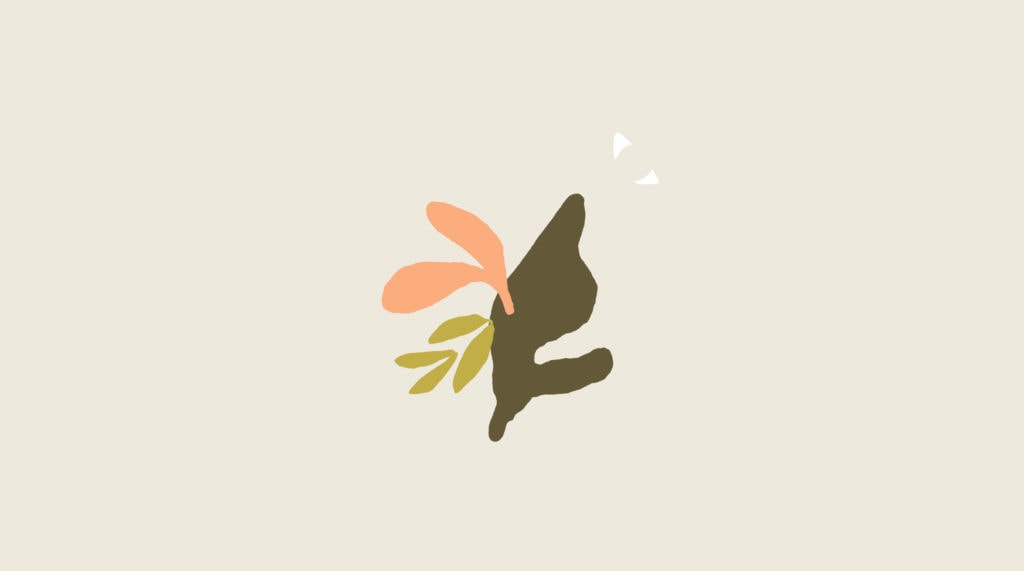
Although my parents made the occasional recycling error, we valued being resourceful. Valuing our natural resources not only for their potential financial benefits, but for all their benefits, is the foundation for a sustainable mindset. We would wash and reuse Ziploc sandwich bags until they had holes in them. We kept a plastic grocery bag full of other plastic grocery bags under the sink that we would reuse to line the trash bins in all the other rooms of the house. We would dilute the kitchen soap with water to make it last longer. These behaviors might not be an Instagram-worthy way to approach sustainable living, but the end results are the same. They both operate with the understanding that our natural resources are finite. We should use them intentionally and mindfully.
My adoption of a low waste mindset made the conceptual ideas that surround sustainability more concrete. Let’s consider the somewhat abstract concept of the hole in the ozone layer. This was one example of how we often discussed climate change when I was younger. This ozone hole was so distant from me and my life. I knew that it was something to protect, but I could not quite grasp what I could do as an individual to help.
Reducing the physical waste that I generate is something much more tangible. It has encouraged me to think deeper about the different ways I could be more resourceful in other parts of my life.
Through my efforts in reducing waste, I have been able to make the connection between the waste individuals generate to the issue of our overconsumption of natural resources. To take it even further, it has opened my eyes to how our conventional ideas of sustainable solutions are interconnected with environmental justice issues.
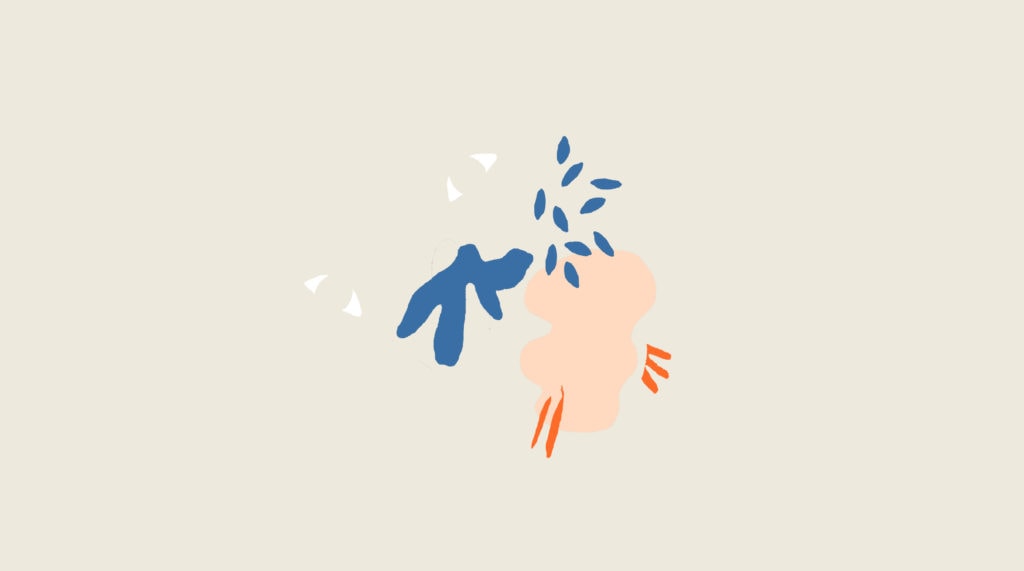
Individual habit changes become even more impactful when they are adopted by large groups of people. When one person with influence inspires others to join a cause, powerful movements can take hold. This is what led me to create a consulting company that addresses sustainability in small businesses. I founded Blue Daisi Consulting to give small businesses the tools and resources they need to reduce waste. Waste reduction is a great jumping off point into the wide world of sustainability and it can make us more aware of the countless ways we can be kinder to the planet.
My first step when working with my clients, and my suggestion for you, is to start with a trash audit. Before you take your trash outside, take a look inside the bin. Notice each individual item and take a moment to think about how it ended up there. When I think back to when I started my low waste journey, I noticed I was throwing away a lot of food waste. All those carrot tops, apple cores, and lettuce bottoms were stinking up my trash bin and then being piled into an even stinkier landfill. According to the Environmental Protection Agency, 20% of the waste in landfills is food waste. As it attempts to break down in the landfill, it generates methane which is a greenhouse gas that is 25 times more powerful than carbon dioxide. These realizations led me to start diverting all my food waste from the landfill and composting it instead.
Trash audits can be a very personal process as you start to gain a solid understanding of your purchasing and consumption habits.
Another way to achieve a similar result as a trash audit is to do an audit of your bank statements. Take a look at every thing you bought in the last month and make a note of the things that did not add value to your life. You will start to identify the things you can do without, and thus, create less waste.
As you start to tackle your trash, you will notice the low-hanging fruit. It may even be the items that show up most frequently in your waste (or bank statement) audit. When creating waste-reducing systems that work for you, it will be important to consider your personal priorities. Some wise words from the tennis legend Arthur Ashe: “Start where you are. Use what you have. Do what you can.” We will all have different challenges while making our lives more earth-friendly. It will depend on our individual circumstances and what resources we have access to. If you attempt to convince yourself that you will generate zero waste immediately after you start to venture into this lifestyle change, you will likely be disappointed. It is unfair pressure to place upon yourself because you are bound to have limited time and/or financial resources to give to the cause. It is also an unreasonable expectation considering the products in our current economy tend to be designed to end up in the landfill.
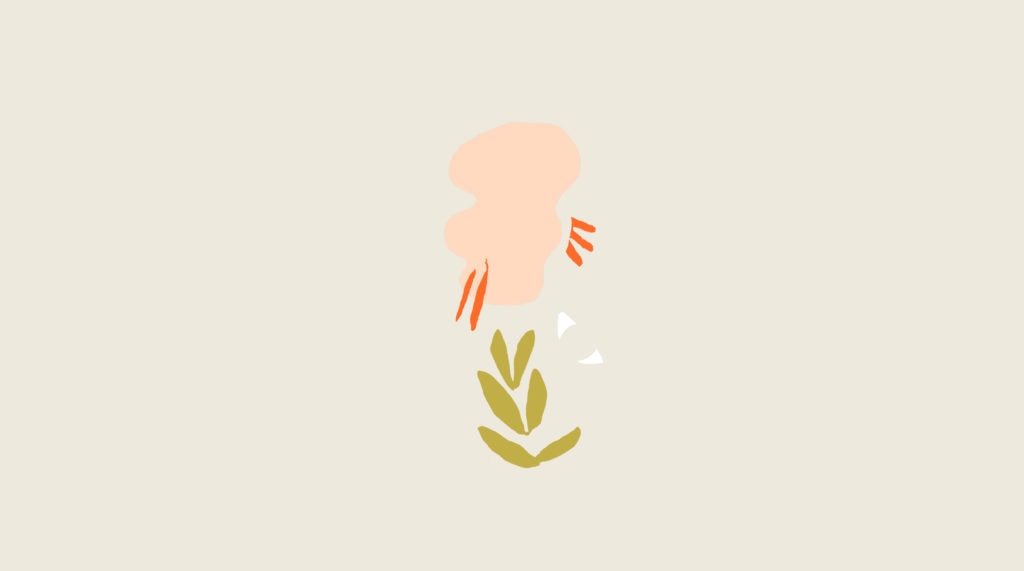
Adopting new habits that lead to lifestyle changes is a challenging process, but it is achievable. It starts with awareness and making continuous improvements. It can lead us to do things we never thought were possible. In my efforts to reduce food waste, I ventured into growing my own food, which is something I had never previously thought I had any interest in. I managed to start a garden full of carrots, tomatoes, spinach, lettuce, herbs, and more! Successfully turning a tiny seed into a meal is one of my proudest accomplishments. Growing my own food is a part of my identity now.
I am nowhere near perfect, but it is a long way from the smelly mess I would find in my trash bin every week. The goal of taking on the challenge of living a low waste lifestyle should not be to achieve perfection and create no waste. It is about being consistently intentional with the way we consume and act in our daily lives. I still dilute my kitchen dish soap with water like my parents taught me. I am also continuously looking for ways to reduce my waste. Sustainable living is an ever-present part of my life now, when it only used to be found in the periphery. If you are consistent and patient with yourself, you may be surprised by the lifestyle changes you are capable of. ⧫
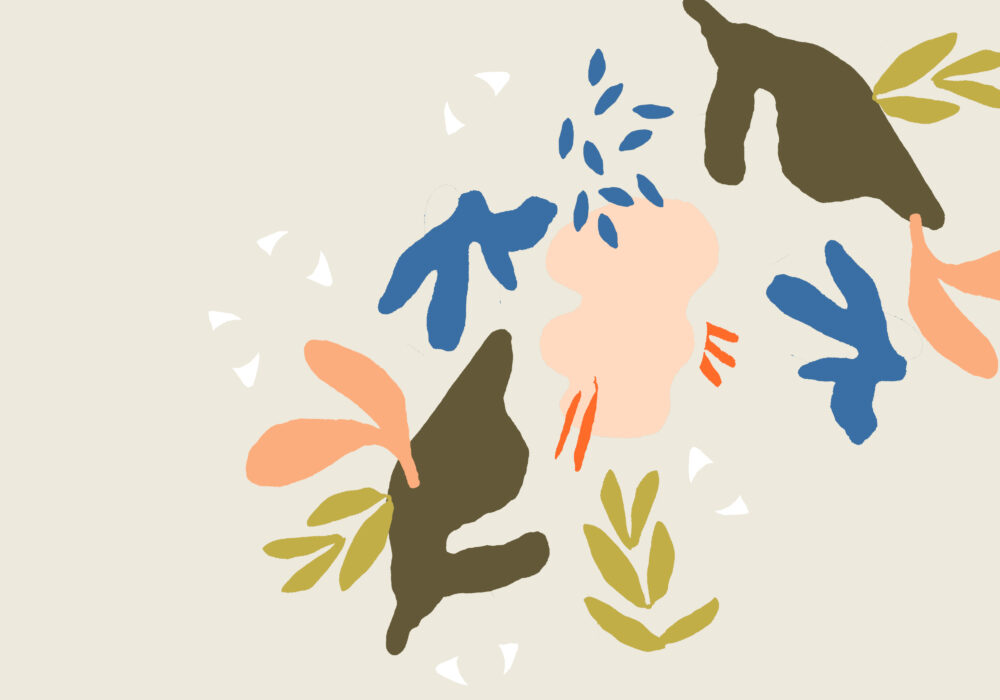
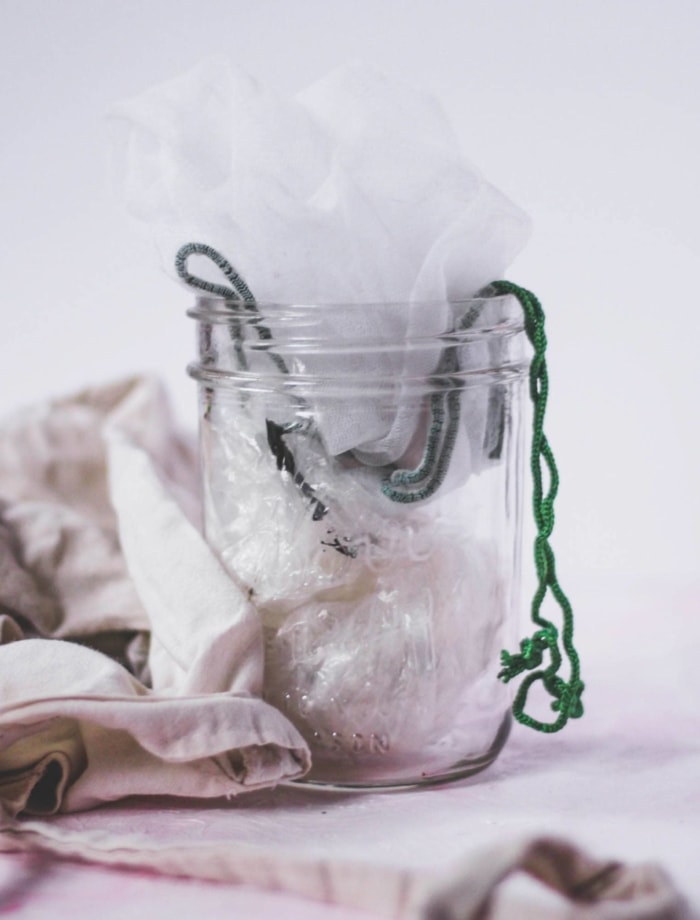
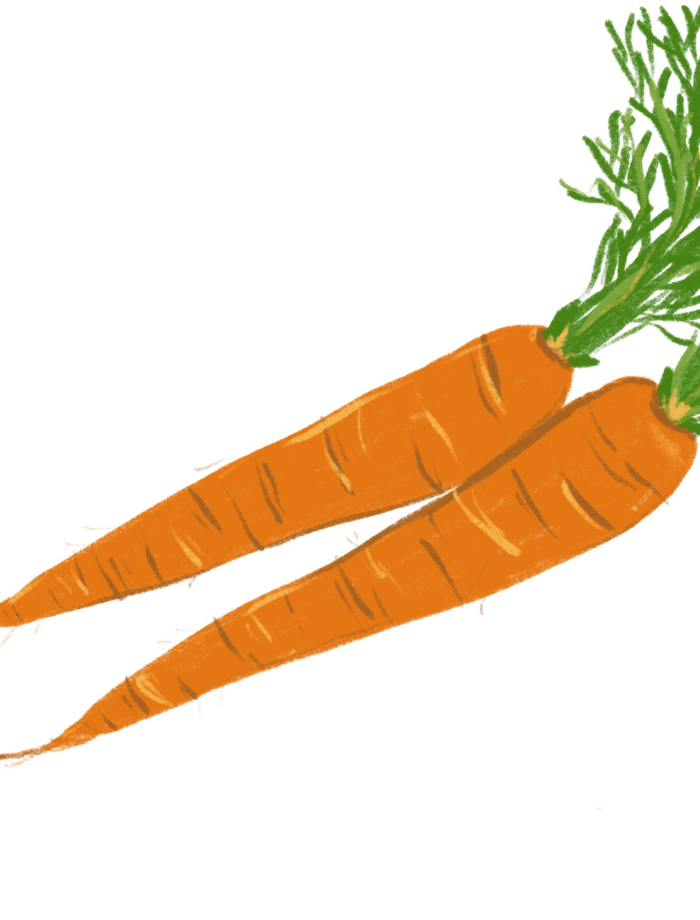
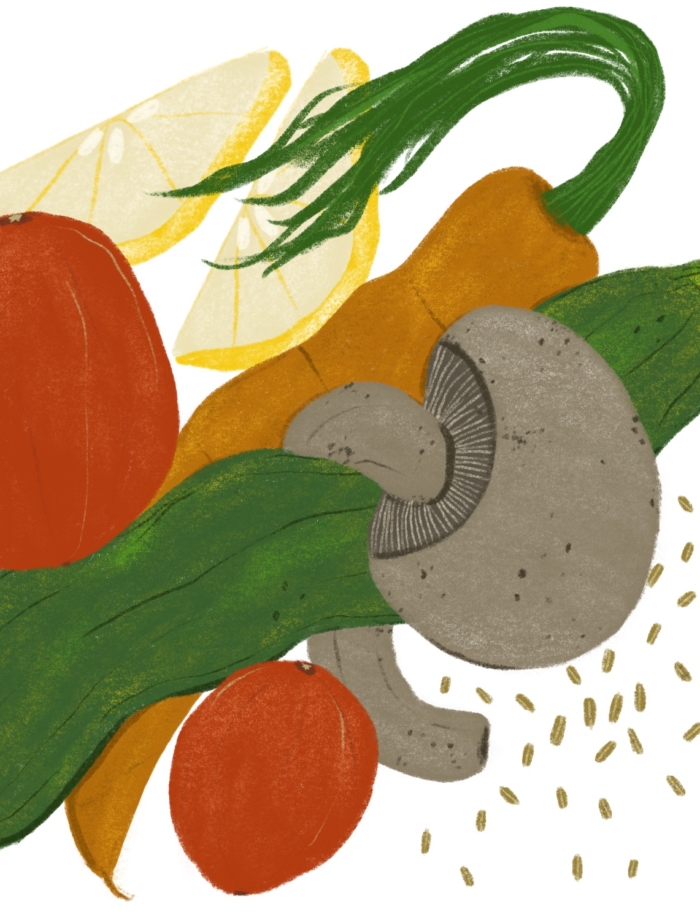
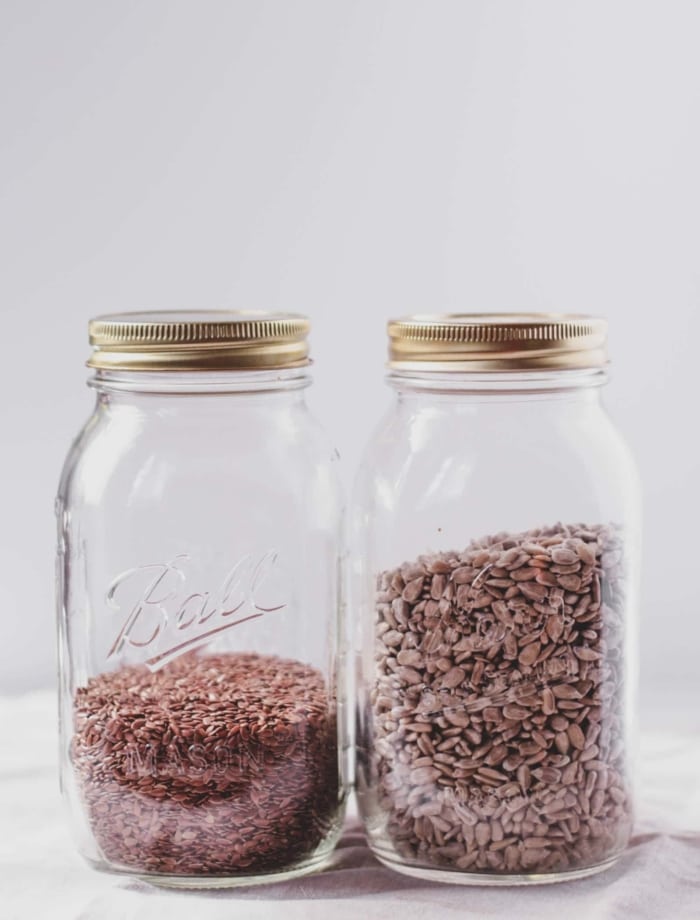
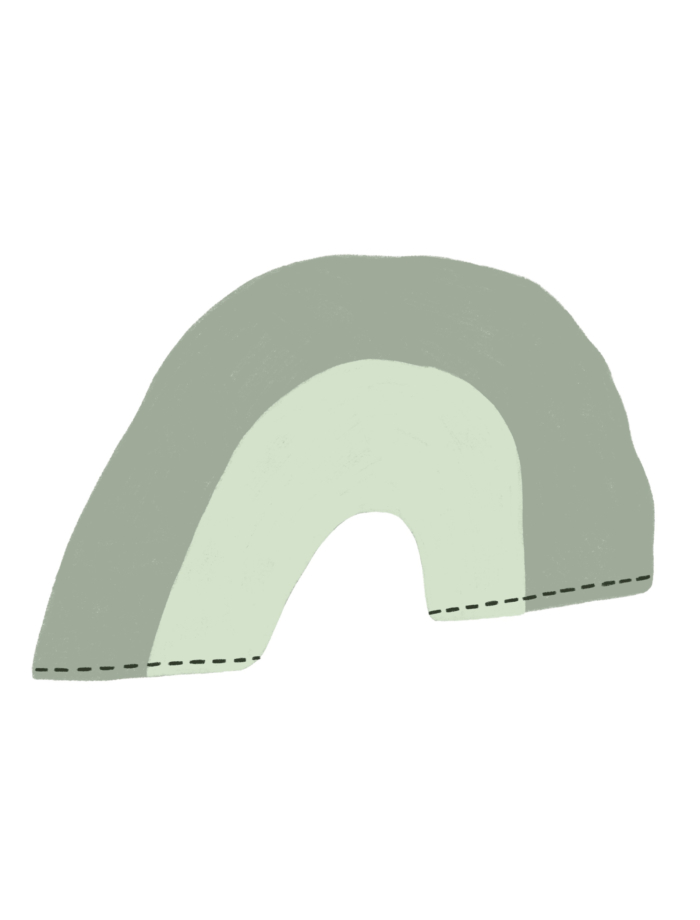
You’re so interesting! I do not think I have read a single thing
like this before. So wonderful to find somebody with
some genuine thoughts on this subject. Really..
thank you for starting this up. This website is something that is needed on the web, someone with
a bit of originality! http://Se7Enbites.com/
Thank you so much for the kind words, it goes a long ways! Just glad that everything we do resonates. Appreciate you!